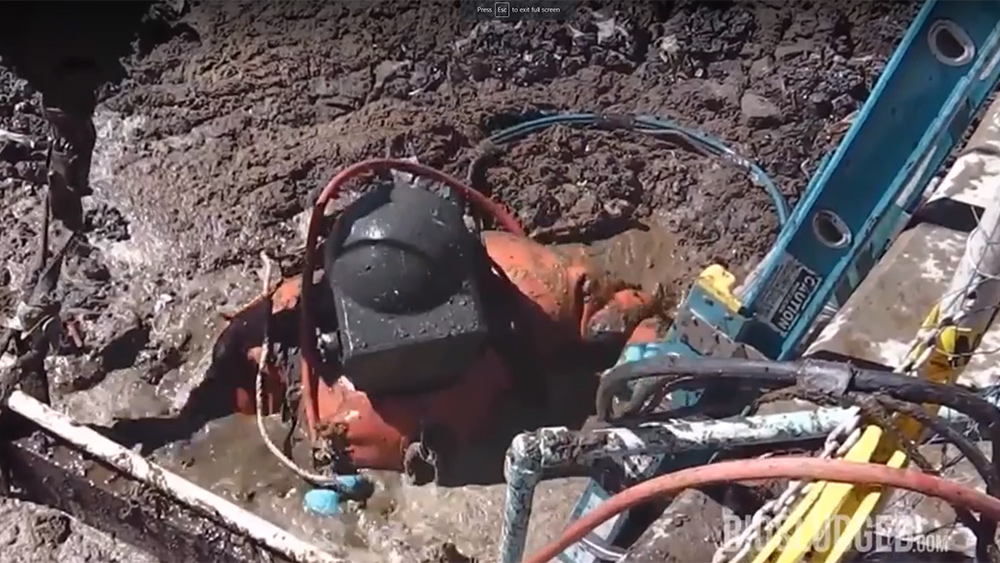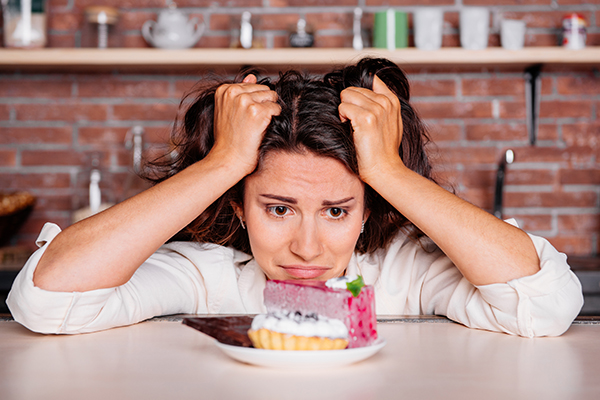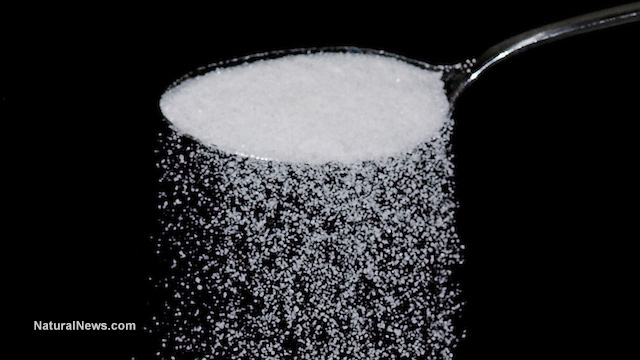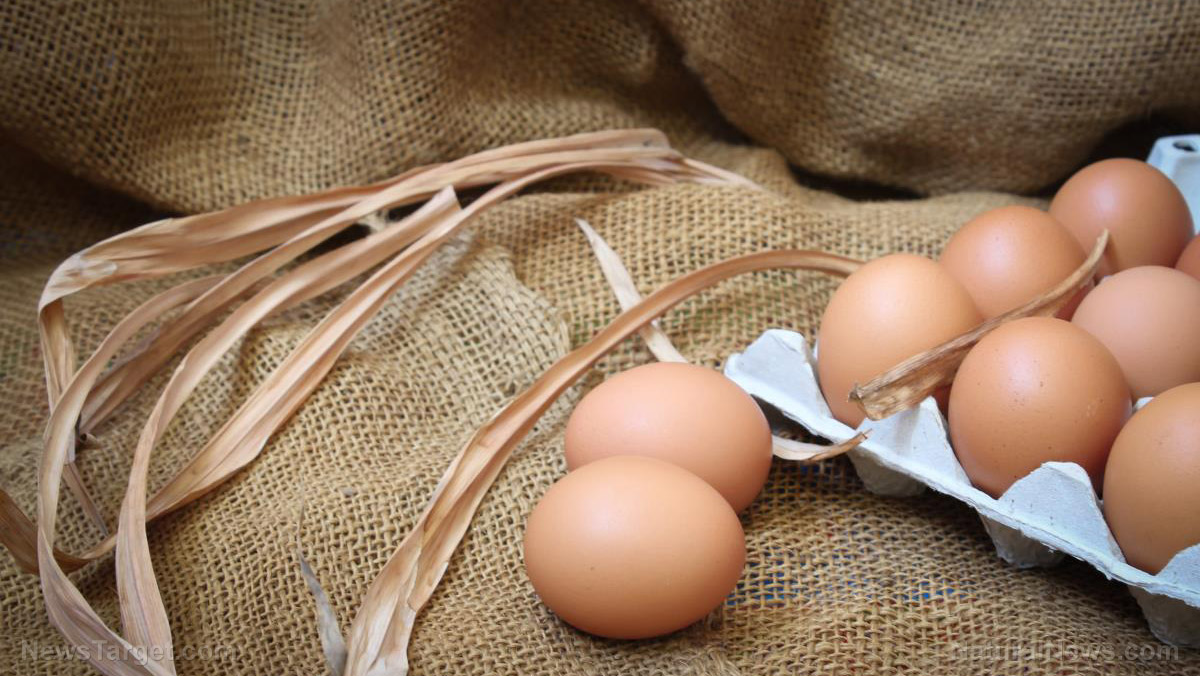
Part of the 1993 ruling by the U.S. Environmental Protection Agency (EPA) that first approved the use of "biosludge" on American food crops contends that this treated toilet waste product is of "exceptional quality," and is thus completely safe. But if this is true, then why are many areas where biosludge is being spread becoming littered with used condoms, tampons, and other disgusting objects that have to be collected by guys in Hazmat suits?
A behind-the-scenes interview that was conducted with Texas resident Craig Monk as part of the new Biosludged project – be sure to watch this eye-opening film for free at Biosludged.com – reveals how biosludge, at least in some cases, appears to be untreated raw sewage that's collected from people's toilets – feminine hygiene products and all – and dumped all over cropland throughout the United States.
Monk explained during the interview how a home he and his wife built near Midlothian, south of Dallas-Fort Worth, ended up being positioned right next to several biosludge fields that wreaked of powerful sewage odor. And what he and his neighbors were finding in the toxic residue completely debunks the EPA notion that biosludge is clean and safe.
"They found used feminine hygiene products in bales of the hay produced by some of these guys," Monk states. "And they found used prophylactics out in the field and toilet paper. One lady that purchased bales of hay from one of the 1,000-acre properties found used feminine hygiene products in that bale of hay, and I have those pictures. In another instance, they found used prophylactics, and I've heard that from other counties even, and toilet paper."
Be sure to watch the full interview with Craig Monk at Brighteon.com below:
Biosludge is so toxic that cleanup crews have to wear full-body suits
Monk recalls seeing "guys in white suits" having to come out and pick up the waste – that is, when it wasn't washing up on to his property during periods of heavy rainfall. He also recalls huge fish kill-offs in affected areas, further showing what's hiding inside "safe" biosludge.
"The sewage sludge that was being broadcasted at the time, and according to the president on the board of the Trinity River Authority, was 'Class A exceptional quality,' and it was 'perfectly safe,'" Monk explains.
"Class A is processed to have less pathogens and a lesser amount of ... heavy metals. But it doesn't address all the chemicals that are in sewage sludge, which amounts to everything used in commerce – over 80,000 chemicals."
EPA requires all industry to dump chemicals into sewer systems
Interestingly enough, the EPA doesn't test for very many pathogens or metals, and even when it finds them, nothing is typically done about it. In the end, nobody can say for sure just how polluted biosludge really is, other than to guess.
"Nobody can answer the question: What degree of hazard, what concentrations of chemicals, are in biosolids?" Monk points out.
As for local regulatory bodies, Monk says they, too, are negligent and don't bother to look for contaminants in biosludge. Rather than be proactive, these bodies are reactive, he says, and do very little to address the loads of chemicals and other poisons that, believe it or not, the EPA actually requires industry to dump in our sewer systems.
"The process of dumping municipal sewage sludge came about when cities were not able to dump in the oceans anymore, so they came up with this process," Monk explains.
"It had to be cheap because dumping in the ocean was cheap, and so ... they worked, I think, backwards to approve it so that it could be dumped on farms and forests and land. Sewage sludge, or biosolids, whatever you want to call it, was never designed to be put out on top of land. It was designed to be put in a landfill, a lined landfill, because of the contaminants, chemicals, and pathogens that are in it."
Be sure to watch the full interview at Brighteon.com.
To learn more about biosludge, be sure to also check out Biosludge.news and BrighteonFilms.com.
Sources for this article include:
Please contact us for more information.




















